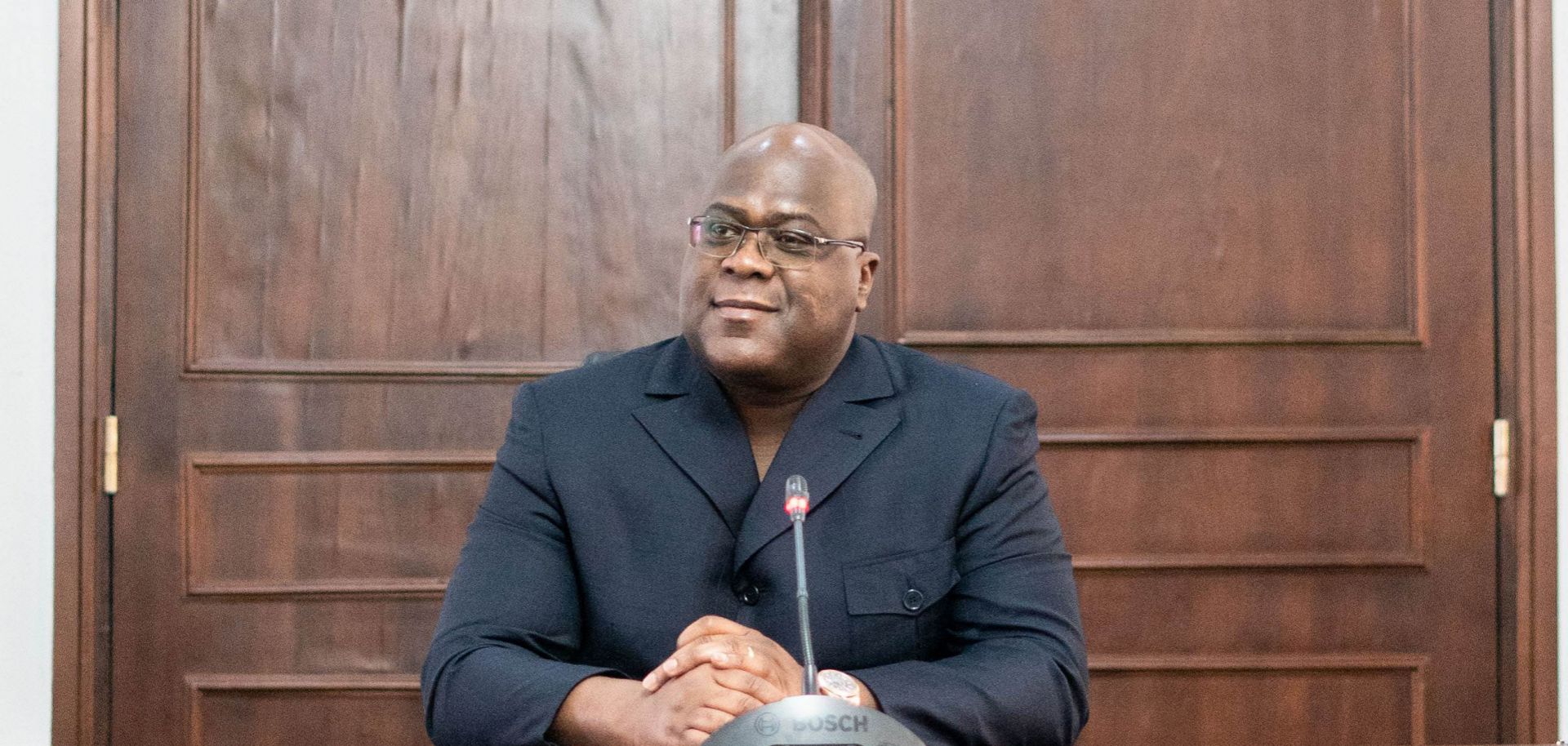ASSESSMENTS
In the Congo, Waiting for an Anti-Graft Drive That Never Comes
Sep 16, 2019 | 10:00 GMT

Congolese President Felix Tshisekedi prepares to receive German Foreign Minister Heiko Maas in the presidential palace in Kinshasa on Sept. 5, 2019. Tshisekedi is facing an uphill battle to tackle his country's widespread corruption.
(KAY NIETFELD/picture alliance via Getty Images)
Highlights
- The makeup of the Democratic Republic of the Congo's new government underscores the Kabila system's continued stranglehold over the country's political order.
- The old guard of former President Joseph Kabila is likely to resist efforts by the new government to clamp down — for either current or previous misdeeds — on corruption, thereby limiting efforts to root out graft.
- Failure to reform the system will deter foreign investors and could sour the United States on the new president.
Subscribe Now
SubscribeAlready have an account?
